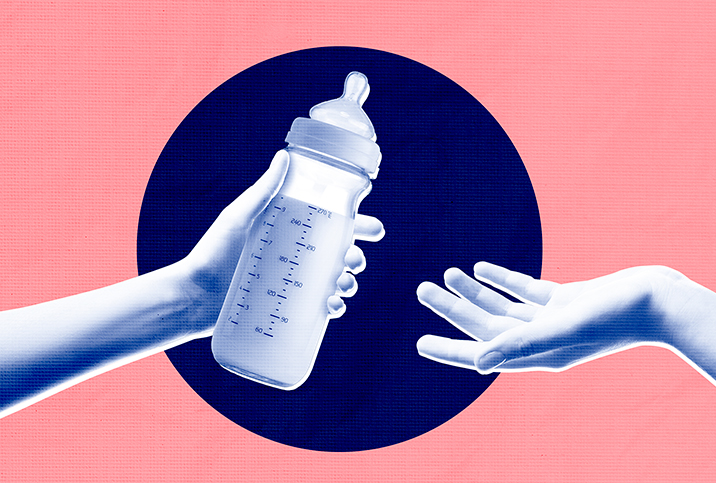The pancreas is a glandular organ in the abdomen located behind the bottom portion of the stomach. The pancreas secretes digestive enzymes and makes hormones responsible for helping control blood sugars.
The pancreas can produce both cancerous and noncancerous tumors. The most common kind of pancreatic cancer begins in the cells that line the ducts, which the pancreas uses to discharge digesting enzymes.
Pancreatic cancer is typically not discovered in its initial stages, when it's most treatable, because it rarely presents any symptoms until it has progressed to other organs.













